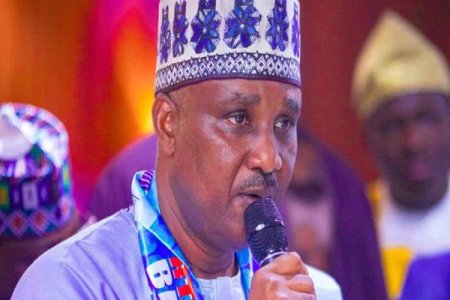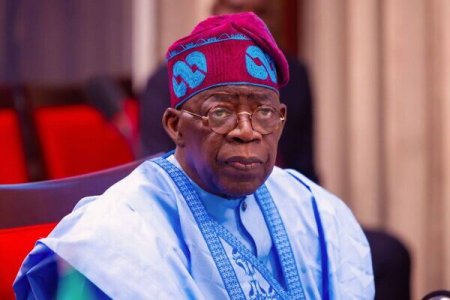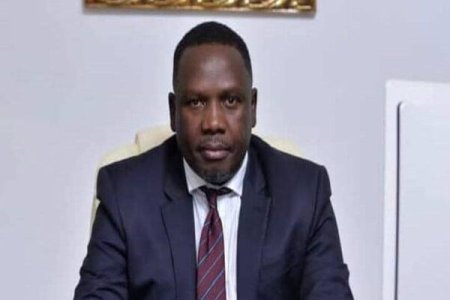
The House of Representatives Committee on Constitution Review proposes creating 31 new states, expanding Nigeria’s total to 67. The proposal includes states from the North, South, and West. It outlines constitutional requirements for state creation, sparking discussions on regional autonomy and political restructuring.
In a significant move to potentially reshape the political landscape of Nigeria, the House of Representatives Committee on Constitution Review has proposed the creation of 31 new states. This suggestion aims to restructure the country into a total of 67 sub-national governments. The proposal was read out during a plenary session, with Deputy Speaker Benjamin Kalu presiding in the absence of Speaker Tajudeen Abbas.
The committee's breakdown outlines the allocation of new states across different regions. North Central would gain six new states, while the North East and North West would see four and five new states, respectively. The South East, South-South, and South West regions would gain five, four, and seven new states, respectively. The proposed states include names like Lagoon and Ijebu from Lagos and Ogun states, as well as New Kaduna from Kaduna and others like Amana from Adamawa.
This proposal requires significant political procedures to become a reality, including support from at least a third of the National Assembly members. Local government councils and state assemblies must also back the creation of these states through a referendum. Proposals for state creation must strictly follow constitutional guidelines, ensuring adherence to national and regional protocols.
The debate on the proposed new states has ignited discussions about the potential benefits of decentralizing power, improving governance, and fostering regional development. However, critics caution about the financial and administrative implications, highlighting the complexities of such a sweeping political reform.




